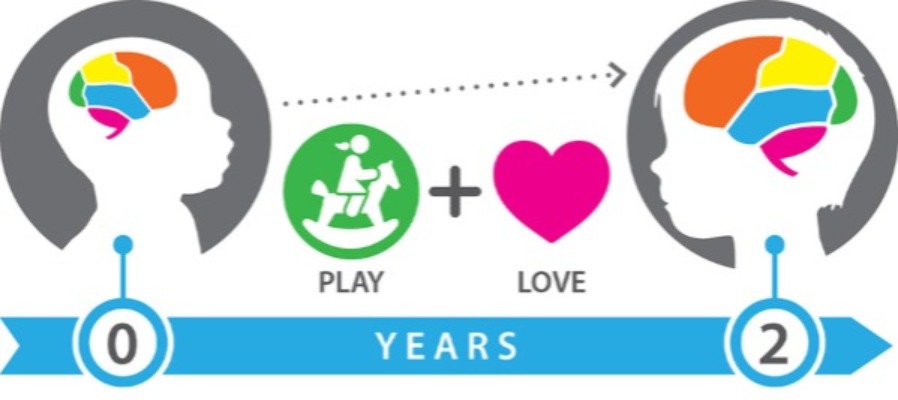Building a Strong Nanny-Parent Relationship: A Blueprint for Success
In the dynamic landscape of modern parenting, the role of a nanny is often indispensable. Whether it’s providing care during working hours or offering support on a daily basis, nannies play a crucial part in a child’s upbringing. However, the efficacy of this partnership heavily relies on the establishment of a robust nanny-parent relationship.
Just as in a professional setting, fostering a healthy dynamic between parents and nannies requires structure, communication, and mutual respect. By adopting practices akin to those found in the corporate world, parents can ensure a harmonious and productive collaboration with their childcare provider.
Treat Your Nanny as an Employee
To set the stage for a successful relationship, it's essential to treat your nanny as you would any valued employee in the office. This involves:
- Structured Interview Process: Conducting thorough interviews to assess compatibility and qualifications ensures that you find the right fit for your family’s needs.
- Job Description and Contract: Clearly outlining roles, responsibilities, and expectations in a formal job description and contract provides clarity and avoids misunderstandings down the line.
- Ongoing Training and Feedback: Just like professional development in an office environment, providing opportunities for training and offering constructive feedback fosters growth and ensures alignment with your childcare goals.
One Team, One Mission: Raising Children Together
Beyond the formalities of employment, it's crucial to recognize that parents and nannies are partners in raising children. Establishing a united front and open lines of communication are vital for the well-being of the child. Here are some important topics to discuss and align on:
- Daily Routine and Schedule: Establishing consistency in feeding times, nap schedules, and activities helps provide stability for the child.
- Discipline and Behavior Management: Agreeing on disciplinary methods and approaches ensures consistency in addressing behaviors and reinforces boundaries.
- Nutrition and Meal Planning: Discussing dietary preferences, allergies, and meal planning ensures that the child's nutritional needs are met.
- Developmental Milestones and Learning Activities: Sharing insights on the child’s developmental progress and collaborating on age-appropriate learning activities promotes holistic growth.
- Health and Safety Protocols: From emergency procedures to illness management, aligning on health and safety protocols ensures the well-being of the child in all situations.
- Communication Channels: Establishing regular check-ins and open communication channels facilitates the exchange of information and fosters a collaborative environment.We recommend a short “hand-over” each time a caregiver changes (i.e. morning and evening) and a more formal bi-weekly or monthly catch up.
- Respect for Cultural and Family Values: Acknowledging and respecting cultural backgrounds and family values enriches the child’s cultural awareness and fosters inclusivity.
By treating the nanny-parent relationship with the same level of professionalism and dedication as one would in an office environment, both parties can create a supportive and nurturing environment for the child to thrive. Through open communication, mutual respect, and shared goals, parents and nannies can form a strong partnership that lays a strong foundation for their future.



